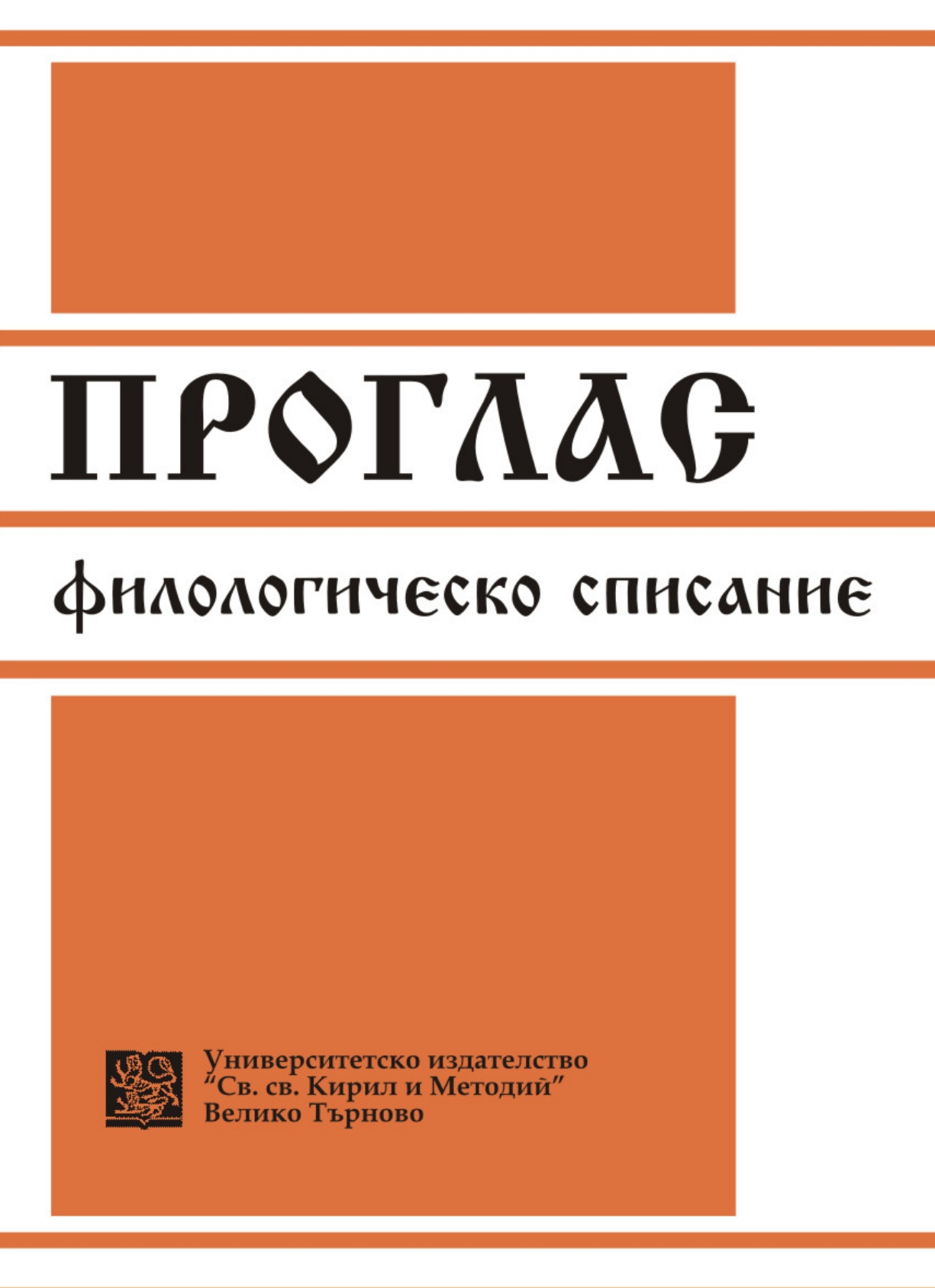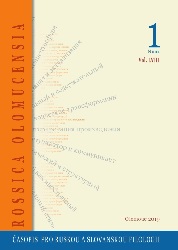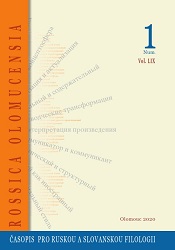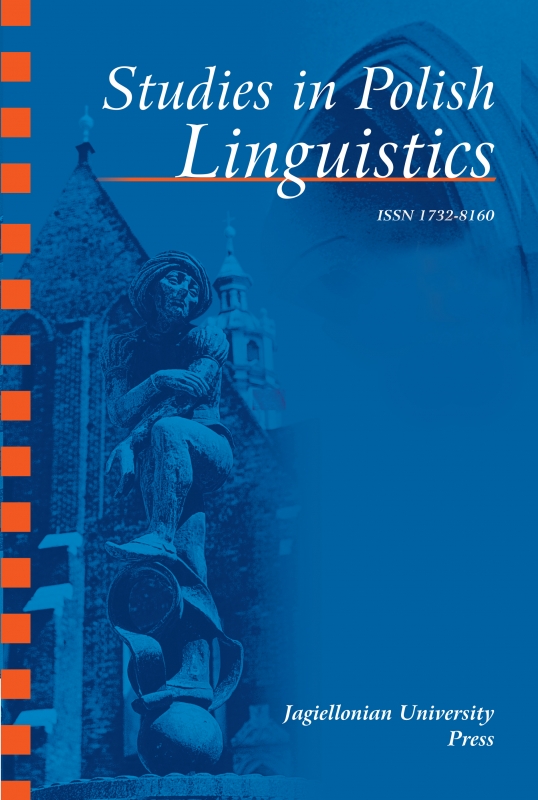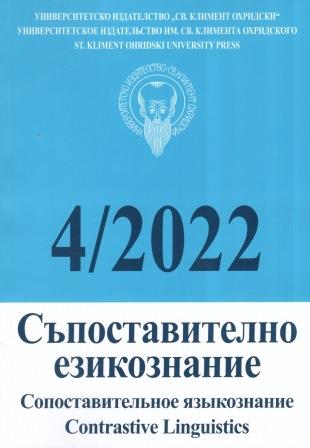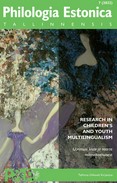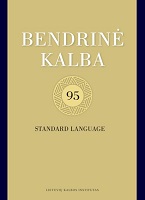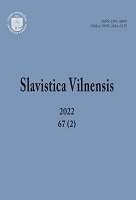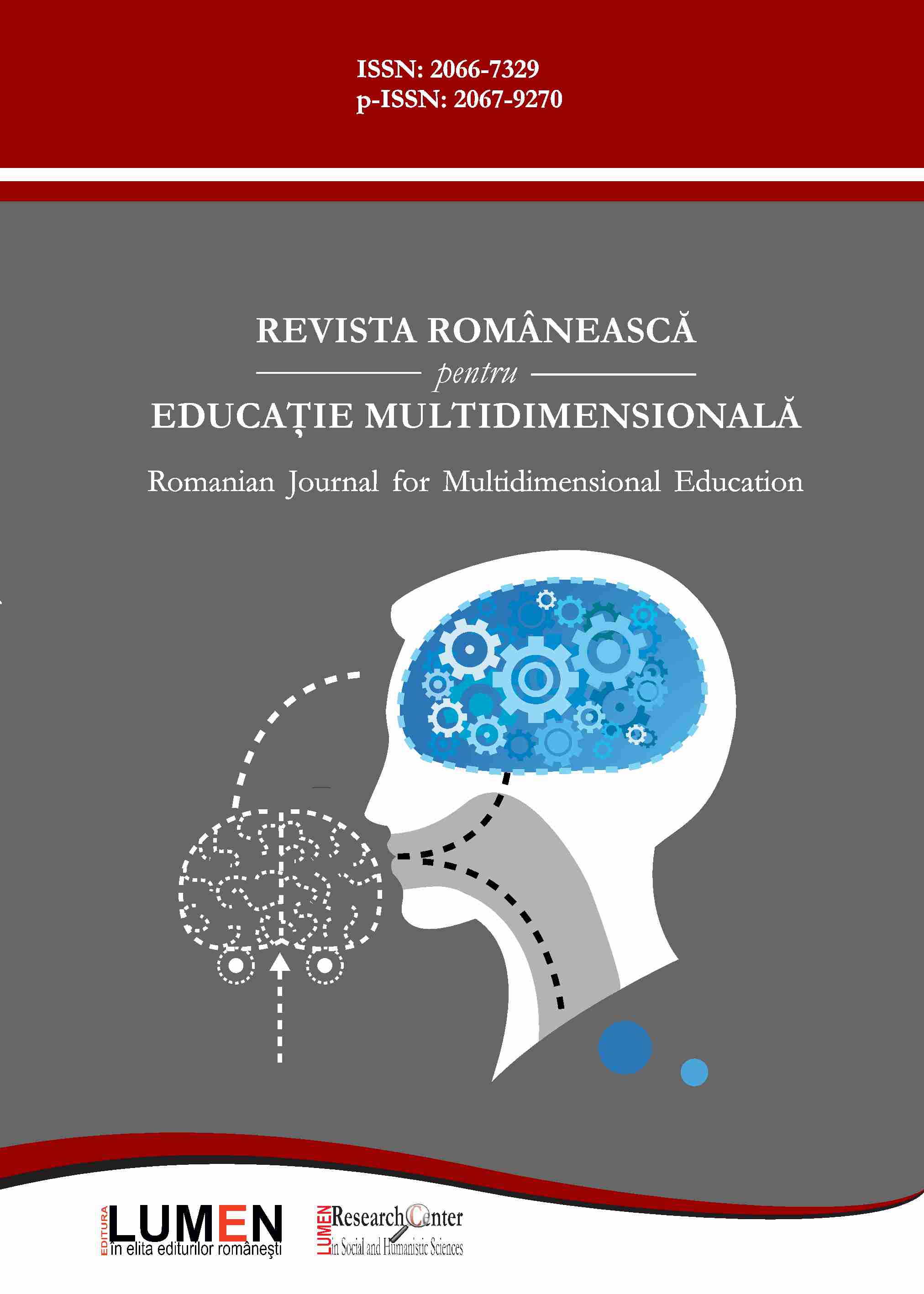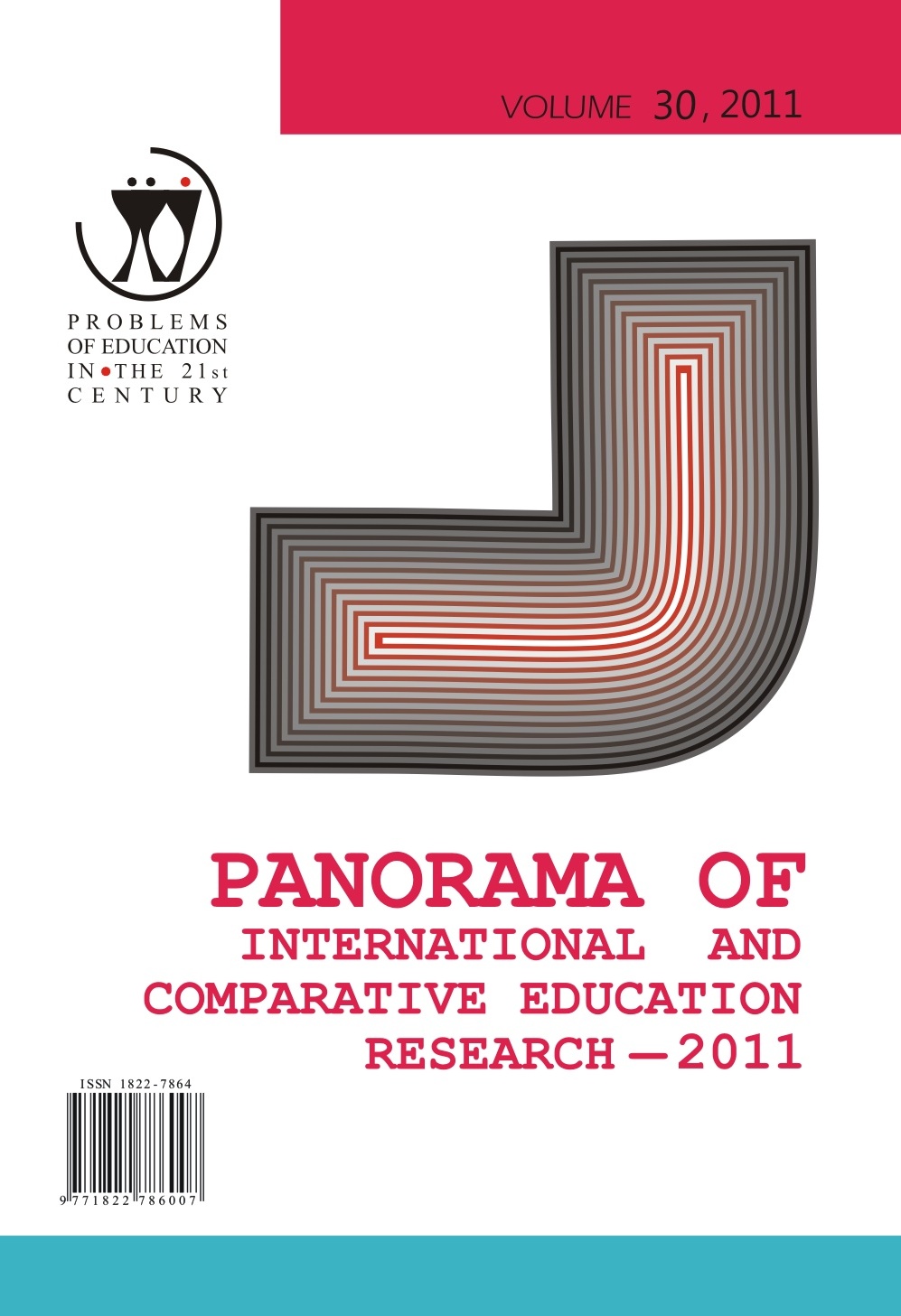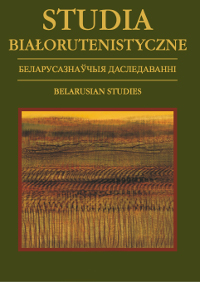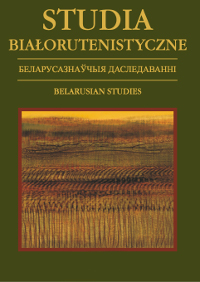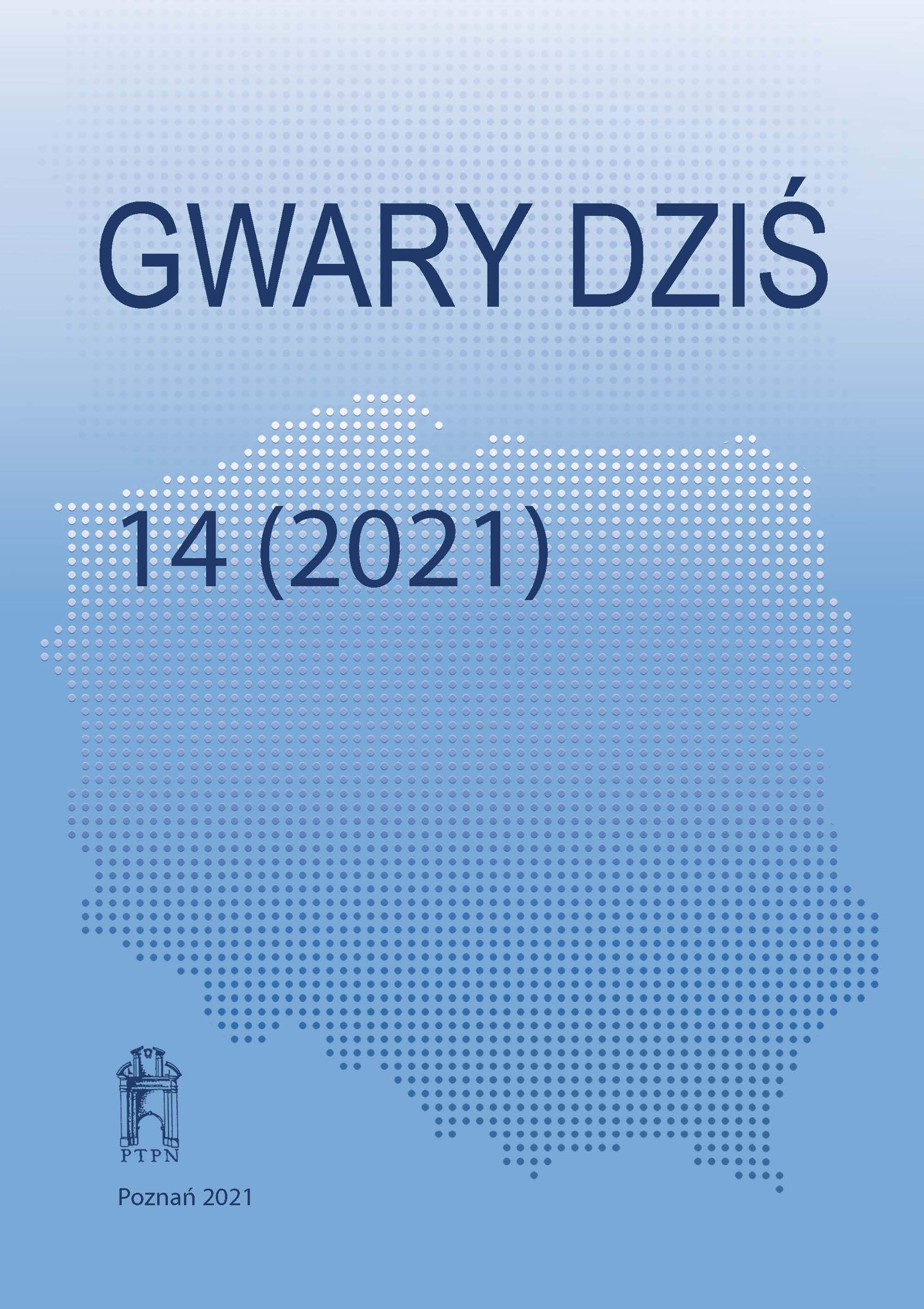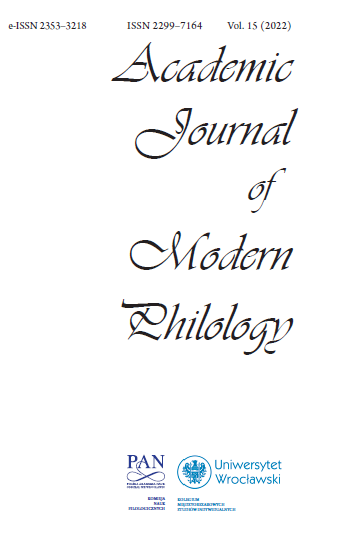Author(s): Dite Liepa,Evija Liparte / Language(s): Lithuanian
Issue: 95/2022
The 2020’s kicked off with a number of new challenges for the human kind: the COVID-19 pandemic and the war that Russia started in Ukraine. These global events of the past three years have affected the way we use language as well: a democratic society needs to talk about what is happening and have everything explained and be informed about it; besides, language has responded to these developments rather vigorously. The pandemic has divided the society in two based on how the people approach the virus: its believers and its deniers. With the advent of vaccines the society split even further into two irreconcilable camps: those who supported the vaccines and those who were against them. Language saw an influx of new words, emotional expressiveness and verbal aggression were on a rise, and two polar linguistic tools, euphemisms and dysphemisms, were being used to describe the opposing factions. The COVID pandemic was not over yet when, in February of 2022, the world was shaken by yet another tragedy as Russia invaded Ukraine. The brutality of the war and the fierce resistance on the part of the Ukrainians triggered the use of euphemisms, and politically tinted dysphemisms in particular, which had existed at the passive level of the vocabulary for a long time (following the collapse of the USSR and the restoration of independence in Latvia and in Lithuania). The empirical material of this article shows that one side tries to call a spade a spade without avoiding the use of various dysphemisms, while the other does it selectively, using lies and misinformation, using both euphemisms and dysphemisms in great abundance, attempting to force everyone to use them at the beginning of the war. However, in the democratic world, as well as in Ukraine, Russia‘s official euphemistic style of speech has been met with ridicule, leading to the creation of new euphemisms and dysphemisms. During situations of physical aggression, both sides also use verbal aggression and irony. Thus, the usage of political euphemisms and dysphemisms will not see any sort of decline, especially in a state of war. The euphemisms and dysphemisms featured in the article are used to designate said events – the pandemic and the war in Ukraine – in the Latvian, Lithuanian, and Russian languages. A juxtaposition of the specific euphemisms and dysphemisms has established that some of them are common in both discourses: that of the pandemic and of the war (for example, Voldemort: ‘something that others are afraid to call by its real name’, putinistai // putleristai // vatnikai: ‘users and disseminators of Russian propaganda’). Only with the discourse of COVID-19, the universal dysphemism is covidiot, which is widely used to describe any person who, during the pandemic, behaves differently than the person using this dysphemism acts or thinks. However, used dysphemically, lexemes fascists, Nazis are considered universal only in the discourse of the war in Ukraine, because the two warring sides apply them and derivatives and compounds thereof (e.g., Ukrofascists, Nazi regime vs. Fascists, ruscists) with reference to one another. In the discourse of the pandemic, derivatives and compounds with these lexemes (e.g. Latvian covidfašistu banda ‘covid-fascist gang’) were applied only to government representatives and persons supporting the official line of the state (the alleged ‘dictatorship’). Various new words (situational dysphemisms) have also been created to describe the realities of both the pandemic and the war in Ukraine. A comparison of material from the three languages highlights both the universal nature of the reviewed language phenomena, and the possibility of their adoption.
More...
